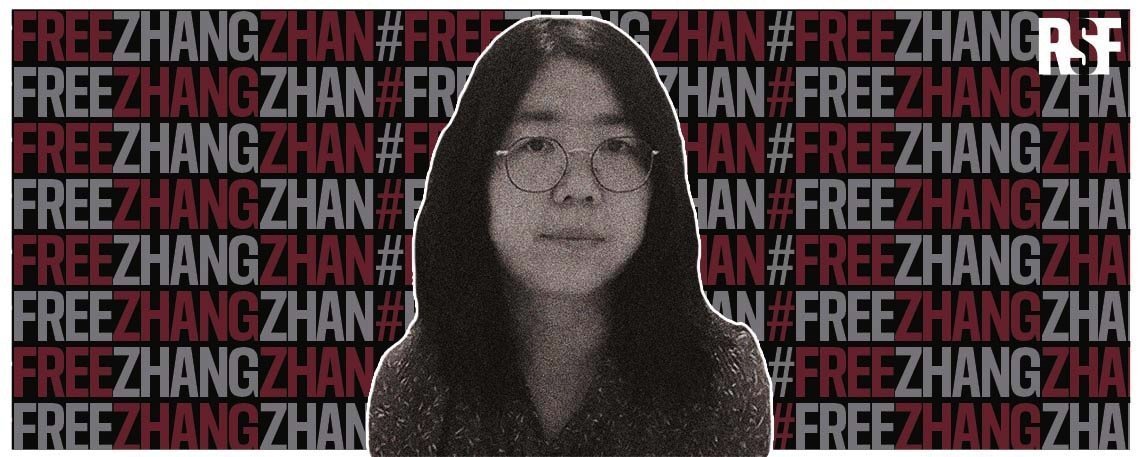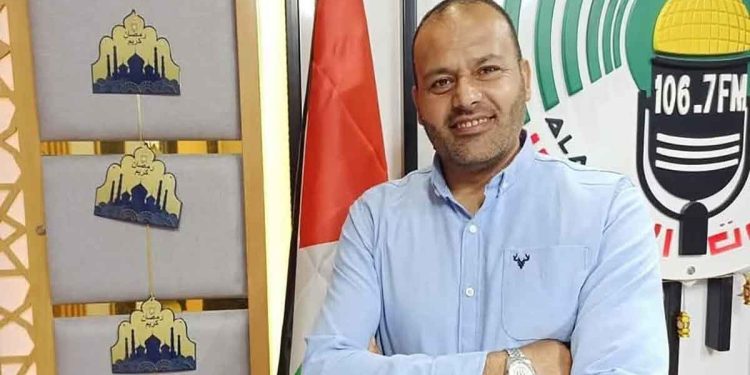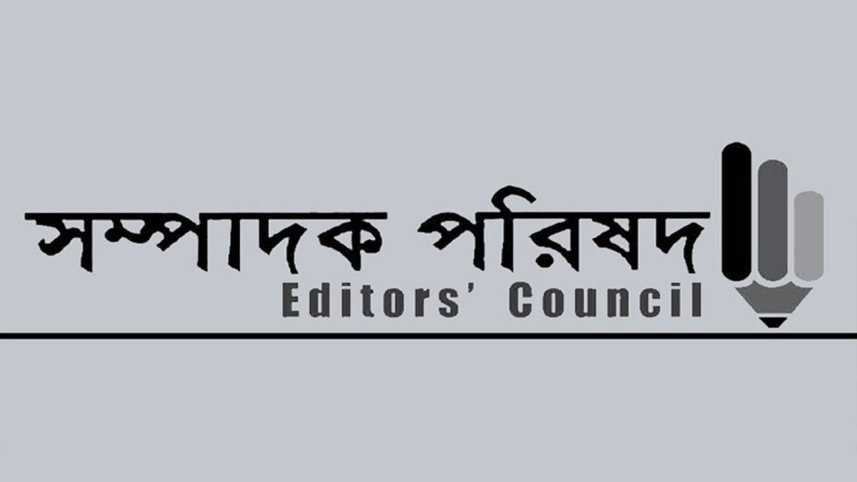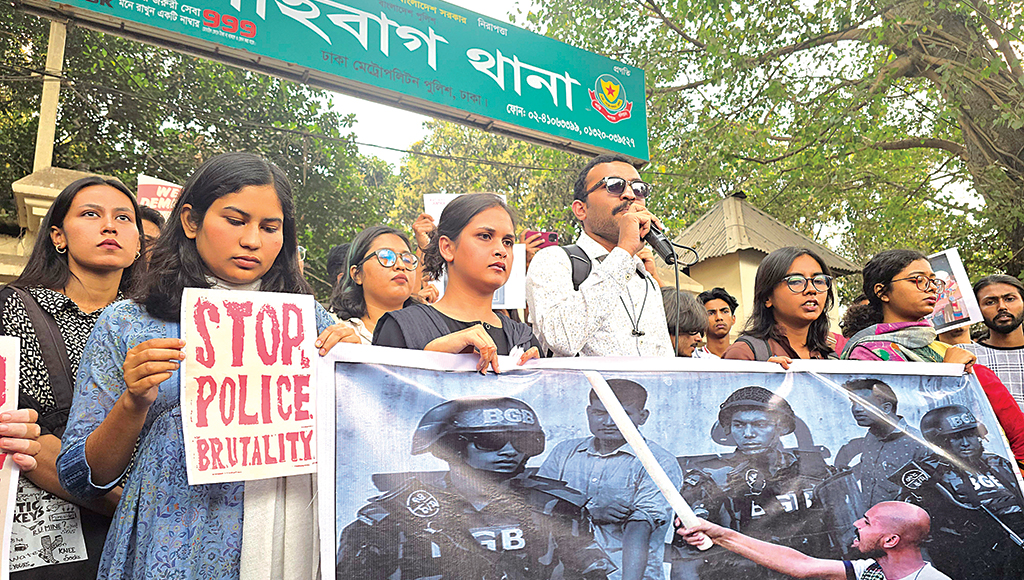
Fears Mount for Chinese Journalist Zhang Zhan’s Life After Release Remains Unclear
May 14, 2025
Palestinian Journalist Hassan Samour Killed Alongside Entire Family in Gaza Airstrike
May 15, 2025May 15, 2025 – India –
Rejaz M Sheeba Sydeek, a 26-year-old student activist and independent journalist from Kerala, was arrested in Nagpur, Maharashtra, on May 8, 2025, over Instagram posts critical of the Indian government’s military actions. The arrest, which was carried out by Nagpur police, has stirred debate about freedom of expression and the use of anti-terror laws against dissenting voices.
Sydeek has been charged under the stringent Unlawful Activities (Prevention) Act (UAPA), along with several provisions of the newly introduced Bharatiya Nyaya Sanhita (BNS). These include charges for allegedly “preparing to wage war against the government of India,” promoting enmity, and inciting public mischief. His posts reportedly condemned Operation Sindoor—a recent military strike by Indian forces targeting terror infrastructure in Pakistan-occupied Kashmir—as well as ongoing anti-Naxal operations within India.
The FIR lodged against Sydeek at Lakadganj police station claims that his online content provoked public unrest and posed a threat to national unity. During his arrest, police confiscated several items, including books on Marxism-Leninism and a biography of Professor G.N. Saibaba, a disabled academic previously convicted under UAPA for alleged Maoist links. A handwritten letter found with him called for peace talks with the banned Communist Party of India (Maoist), and criticized the government’s approach to internal insurgencies.
Sydeek had been in Nagpur as part of a travel assignment for an independent media outlet. His supporters say the arrest is an example of the state clamping down on critical voices, especially those that highlight civil rights or question militarized state policy. Various civil liberties organizations have expressed concern over what they see as the criminalization of dissent and the expansion of anti-terror legislation to target journalists and activists.
The case has now become a flashpoint in the wider conversation about press freedom and democratic rights in India. While the authorities argue the arrest was based on national security concerns, critics say the charges are excessive and appear intended to silence alternative political narratives. The legal proceedings against Sydeek are ongoing.
Reference –




